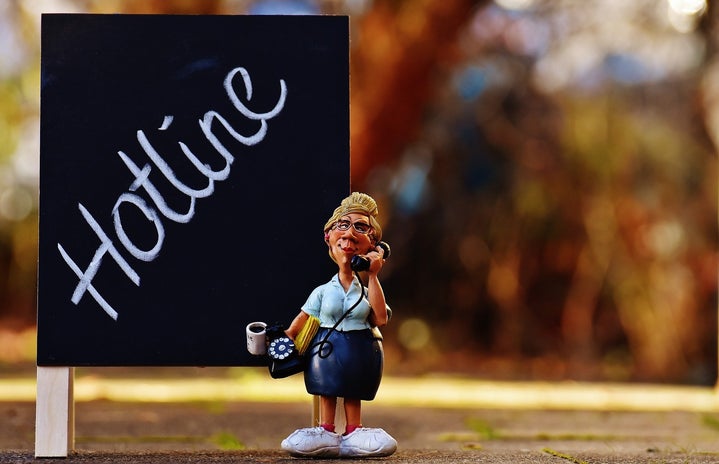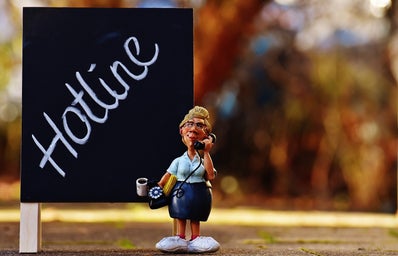Finals week is upon us once again. Congratulations, you’re almost done with the semester!! You just have to get through a few more days and then school is out for summer vacation. But some of you may not be able to enjoy your summer countdown because of upcoming exams and papers. So if you have any final papers due this week, here’s some advice that I’ve collected on how to write an outstanding essay.
I would be remiss if I didn’t start with the usual advice: don’t procrastinate, don’t plagiarize, proofread your work, write an outline first, try your best. For the purposes of this article, I’m going to try to share some advice that you may not have been told by every teacher you’ve ever had.
Command of your topic is very important. You have to know what you’re writing about, so if you can choose your topic, obviously choose the one that you know you can write the most about. It’s worth it to take the time to study your class notes and your textbooks, revisit other written assignments from the class, or even do research on your own. If you still don’t feel confident with the topic, try to write from a perspective that you do understand. Most papers won’t be a super specific question with only one correct answer; usually professors save those questions for an exam. So whether you are analyzing data or interpreting Shakespeare, start with a quote, or a theme, or a statistic that you find interesting and important, and start building your answer from there. It’s always discouraging when you start a paper and find half way through that you have no clue what you’re talking about, so make sure that you feel comfortable enough with the topic to write an entire paper on it.
Similarly, a strong thesis will help you write a good paper. Your thesis tells the reader what your paper will argue, and it will help keep you focused while writing. If you can connect all of the points you make in your paper back to the thesis, you have a strong, focused argument, which means you have a strong, focused paper. To create a thesis, just state the topic, and then what your paper will argue about that topic. A common misconception that scares people is that a thesis needs to be a really long, complicated sentence, and it doesn’t. You’re just trying to summarize your argument in one sentence. And if you’re having trouble coming up with your thesis, start with your topics for individual paragraphs and put them together by combining what they have in common.
Time management is another thing that can have a major impact on the final result of your paper. You already know the usual, trite advice of don’t procrastinate, budget your time wisely, don’t wait until the last minute. But let’s be practical. College students are going to procrastinate. And if you do procrastinate, you have to manage your time even more closely. First, you don’t have time to stare at a blank computer screen and hope inspiration finds you. Time spent staring at a blank computer screen is always time wasted; move on and do something else. If you’re struggling to write an introduction, skip it and come back to it. There’s no rule saying you have to write your paper in order. Also, if you really need a snack break, or a nap, or a shower, or whatever, take it. Your instinct will likely be to power through and finish the assignment as fast as possible, but you’ll always feel better after a break. Limit your breaks of course, but there’s no need to torture yourself by not allowing yourself to stop writing until you’re finished.
Length guidelines depend on the professor. Some will give minimums; others will give maximums. Most professors won’t consider the length guideline a concrete rule, and will instead care more about the content of your paper than the length. For serious sticklers, I recommend following the ten percent rule. The furthest you usually want to deviate from the length requirement is ten percent on either side, so for a 1,000-word paper, you can usually get away with anywhere from 900 to 1,100 words. But since I’ve never met a word limit I couldn’t exceed by hundreds of words, this is one area where I’m not exactly an authority.
Once you’ve finished writing, editing needs to be more than just Spell Check. You’ve heard that a million times before. Word can do a lot of your editing for you, but it’s still an automated program that has no clue what you’re writing about. It can’t see your entire paper as one entity like you can, it only sees individual sentences and the spelling and grammar within them. Your computer can do a lot of editing too. I’ve read a tip that suggested pasting your essay into Google Translate and having it read the paper aloud to you. But when in doubt, stick with the tried and true editing methods: reading your paper out loud, reading your paper backwards, and having a friend/classmate/parent/neighbor read over your paper to make sure it makes sense.
Lastly, be as kind to yourself as you can. If you get stressed out and frustrated, try not to take it out on yourself. It’s all right. Remember that your grade for this paper/exam/assignment/class has no impact on your value as a person and is not nearly as important as your mental, physical, and emotional health. No matter what happens, you’ll be finished with the semester within a week. You can get through it; I have faith in you!!

